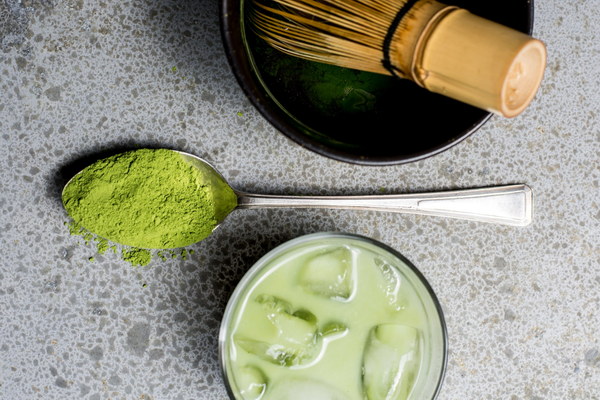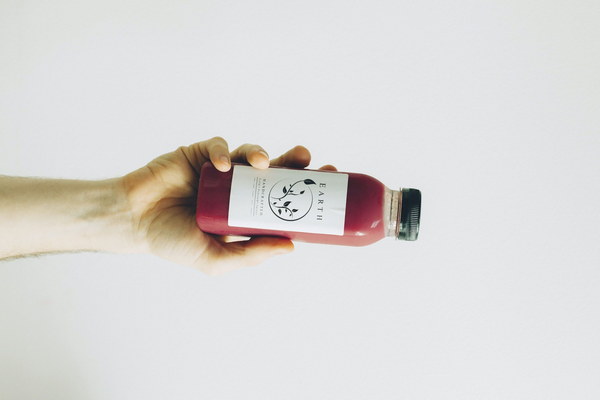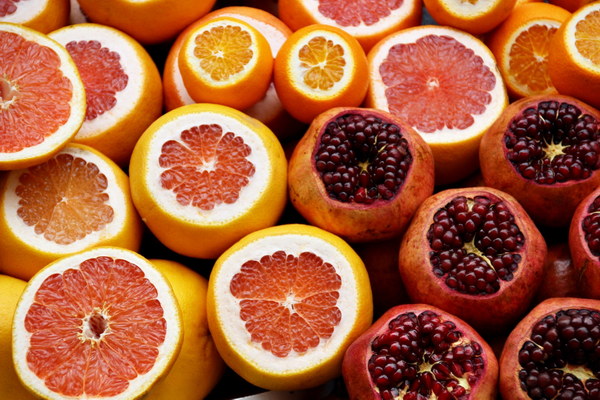Revolutionizing Anti-Aging The Ivy Cell Secret to Youthful Vitality
In the relentless pursuit of youth and beauty, scientists and researchers have been on a quest to uncover the secrets of aging. The latest breakthrough in this quest comes in the form of ivy cells, which have been hailed as the next big thing in anti-aging treatments. This article delves into the fascinating world of ivy cells and their potential to revolutionize the way we approach aging.
Ivy cells, also known as extractum Hedera helix, are derived from the common ivy plant (Hedera helix). For centuries, ivy has been recognized for its medicinal properties, with traditional healers using it to treat a wide range of ailments. However, it was not until recently that scientists discovered the remarkable anti-aging potential of ivy cells.
The key to ivy cells' anti-aging prowess lies in their unique ability to stimulate the production of collagen and elastin, two essential proteins responsible for maintaining skin elasticity and firmness. As we age, the natural production of these proteins decreases, leading to sagging, wrinkles, and a loss of youthful vitality. Ivy cells, however, have been found to boost the production of collagen and elastin, effectively reversing these signs of aging.
One of the most compelling aspects of ivy cells is their natural origin. Unlike synthetic anti-aging products that may come with a host of side effects, ivy cells are derived from a plant, making them a safer and more sustainable option for those seeking to combat aging. This has sparked excitement among both scientists and the general public, who are eager to embrace this natural solution.
Clinical trials have shown that ivy cells can significantly improve skin texture, reduce the appearance of fine lines and wrinkles, and enhance overall skin elasticity. In one study, participants who used a topical cream containing ivy cells reported a noticeable improvement in their skin's appearance after just four weeks of use. These results have prompted researchers to explore the potential of ivy cells in various anti-aging applications, including skincare products, medical treatments, and even dietary supplements.
Moreover, ivy cells have been found to possess anti-inflammatory properties, which can help alleviate the redness and irritation often associated with aging skin. By reducing inflammation, ivy cells can also help prevent the exacerbation of existing skin conditions, such as eczema and psoriasis.
While the potential of ivy cells in anti-aging treatments is promising, it is important to note that more research is needed to fully understand their mechanisms and long-term effects. However, the preliminary findings have been encouraging, and many experts believe that ivy cells could soon become a staple in the anti-aging industry.

In addition to their skin benefits, ivy cells have also been shown to have potential health benefits beyond the realm of beauty. Some studies suggest that ivy cells may help improve cognitive function, potentially making them a valuable component in the fight against age-related cognitive decline. This has led to increased interest in the use of ivy cells in dietary supplements and functional foods.
As the world continues to grapple with the challenges of aging, the discovery of ivy cells offers a glimmer of hope. With their natural origin, proven anti-aging effects, and potential health benefits, ivy cells could soon become a cornerstone of the anti-aging movement.
In conclusion, the advent of ivy cells has opened up new possibilities in the fight against aging. As more research is conducted and the public becomes increasingly aware of the benefits of ivy cells, it is likely that we will see a surge in the development of ivy-based anti-aging products and treatments. Embracing the power of ivy cells could be the key to unlocking youthful vitality and a healthier, more radiant future.









